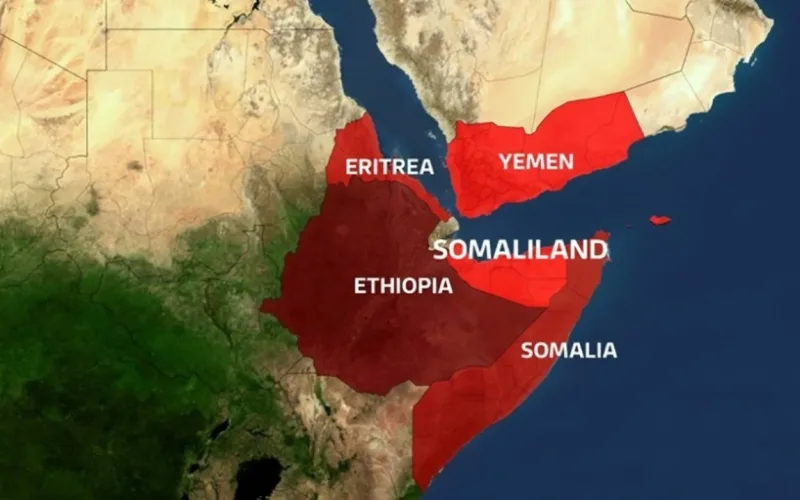Somalia’s Foreign Minister, Ahmed Moalim Fiki, has issued a warning that his country may provide support to Ethiopian rebel groups if Ethiopia proceeds with the agreement it signed with Somaliland.
Fiki stated, “If Ethiopia implements the agreement it made with Somaliland, we will consider supporting the Ethiopian militants engaged in an armed struggle against the government.”
In a more pointed remark, the minister added, “If this agreement moves forward, we will seek to engage with the rebels who are fighting to overthrow the Ethiopian government.”
However, he clarified that Somalia has not yet made contact with these groups, expressing hope that a peaceful resolution could still be achieved.
Fiki further elaborated, “We are not actively looking to align with the militants at this stage, but if Ethiopia goes through with the agreement, we may explore ways to assist the rebels.”
The Voice of America (VOA) has reported on these comments, underscoring the gravity of Somalia’s stance.
Fiki was also asked about Somalia’s position during the conflict in northern Ethiopia, which saw the Ethiopian government clashing with the Tigray People’s Liberation Front (TPLF) for two years.
The war, which resulted in significant humanitarian crises, concluded with a peace agreement brokered by the African Union. Fiki responded, “We discussed supporting the TPLF during the war, but we do not want Ethiopia to disintegrate, as it would not be in Somalia’s interest. However, if Ethiopia continues to harm Somalia, we have the option to support the rebels.”
Ethiopia’s Deputy Representative to the United Nations Economic Commission for Africa and the African Union, Ambassador Nabiyu Tedla, criticized Fiki’s comments.
Taking to his X (formerly Twitter) account, Ambassador Nabiyu called the remarks “ridiculous” and accused Somalia officials of trying to posture as representatives of groups like Al-Shabaab, despite struggling to manage areas outside Mogadishu.
He added that Somalia’s actions undermine Ethiopia’s longstanding efforts to maintain regional stability and peace.
Historically, Ethiopia and Somalia have clashed twice in official wars, and both nations are believed to have supported insurgent groups within each other’s borders during the 1970s and 1980s.
The latest diplomatic strain stems from the controversial port agreement signed between Ethiopia and Somaliland in January 2024. Somalia has strongly opposed this deal, claiming it violates its sovereignty.
In response to the agreement, Somalia escalated the issue to international forums, including the United Nations Security Council, the African Union, and the Intergovernmental Authority on Development (IGAD), calling for diplomatic dialogue to address the dispute.
These institutions have urged both Ethiopia and Somalia to resolve their differences peacefully through negotiation.
Tensions have also been exacerbated by Somalia’s recent military alliances with Egypt and Turkey.
Following the Ethiopia-Somaliland port deal, Somalia signed military cooperation agreements with Egypt, which reportedly involved sending military personnel and equipment to Somalia.
This move has raised alarms in Addis Ababa, where Ethiopian officials view Egypt’s growing influence in Somalia as a potential security threat.
Amid rising tensions, Turkey has sought to act as a neutral mediator. In June and July 2024, negotiations facilitated by Turkey were held in Ankara, with the aim of easing the diplomatic friction between Ethiopia and Somalia.
Despite Turkey’s active involvement, the talks concluded without a formal resolution, leaving the situation unresolved.
The strained relations between Ethiopia and Somalia, combined with Somalia’s new military partnerships and Ethiopia’s concern over regional stability, have placed the Horn of Africa at a heightened risk of further conflict.
